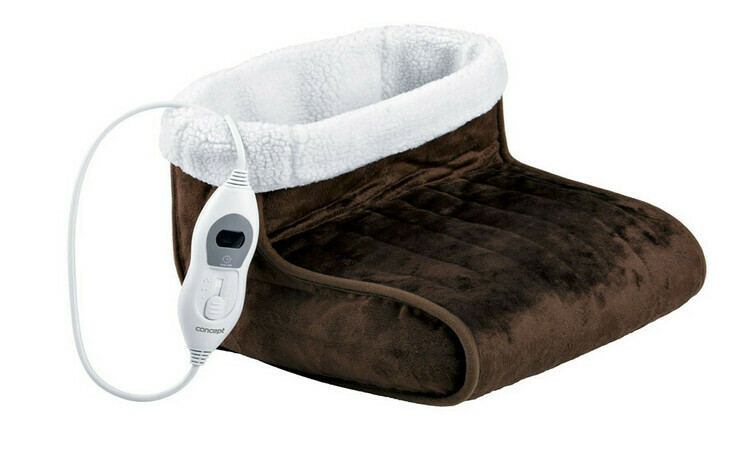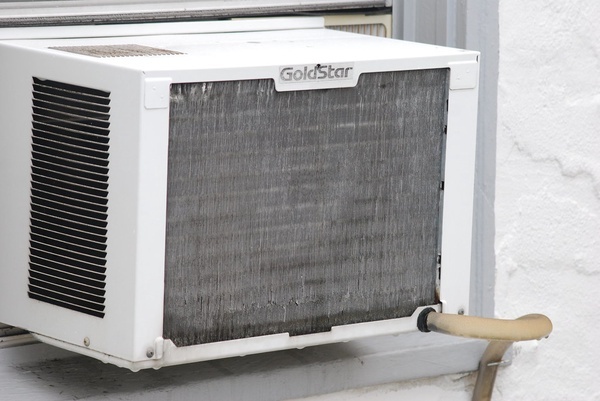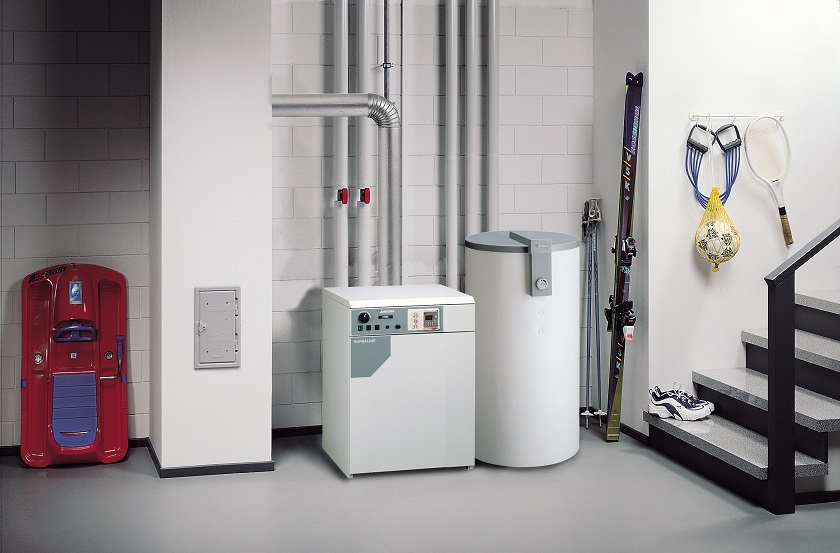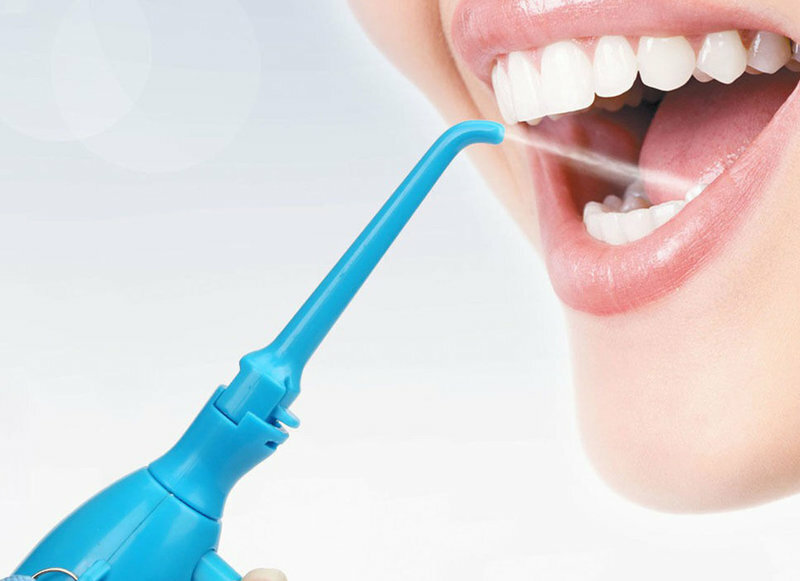
prom.ua
Dental floss, any brush and irrigator - are they necessary for everyday oral hygiene? Someone will say that a regular brush and a good toothpaste are enough. But everything is much more complicated. The last device has many myths about the benefits and harms of an irrigator, how to use it correctly, etc.
Most people think that this irrigator is purely professional equipment and is not required for a home purchase. In our article, we will tell you what it is - an oral irrigator, when it is extremely necessary, and when it can cause irreparable consequences. Intrigued? Then let's start without delay!
The content of the article
- What is an oral irrigator
- Why buy an oral irrigator - common cases
- Dental irrigator: what is it for?
- Pros and cons of an irrigator
- Why do I need an irrigator - is there any harm to the user?
- How an oral irrigator works, depending on its type
What is an oral irrigator
Why you need an irrigator - thorough hygiene of the teeth and oral cavity without going to the dentist. Using the device, you can remove any plaque and food particles in the most inaccessible places (even in braces or prostheses). Moreover, his work is much better and more efficient than with a simple brushing of the teeth. Another benefit of the irrigator is that they can massage the gums - improve blood circulation and maintain the integrity of the teeth.
What is an oral irrigator? This is a water tank and a base part in the form of a handle. Additional nozzles are installed to it: massage or cleansing action. The handle and the tank are connected by a thin hose.
How the irrigator works: a special medical solution or plain water, getting into the handle under pressure or pulsation, is pointwise displayed on the site of the oral cavity. Thus, a detailed cleaning of the teeth and gums is carried out.
To find out why you need an oral irrigator, we strongly recommend that you consult with your doctor or dentist in advance.
Why buy an oral irrigator - common cases
Experts strongly advise the use of an irrigator in such situations:
- for the prevention of caries and other dental diseases;
- for the care of dentures and structures such as veneers or braces;
- gingivitis and periodontitis are the main enemies that the cleaner will have to work against.
Why else do you need an irrigator for teeth and who will definitely need it:
- if you have persistent bad breath and toothpaste does not help;
- non-standard placement of teeth, for example, curvature;
- for those suffering from diabetes.
The purpose of the device is both to treat and to carry out prevention. He is much better at treating gums, interdental canals and other places where even a dentist cannot get medical instruments. So you eliminate the unpleasant odor, improve the quality and cleanliness of the teeth. Moreover, you will start going to the dentist less often - saving money.
Dental irrigator: what is it for?
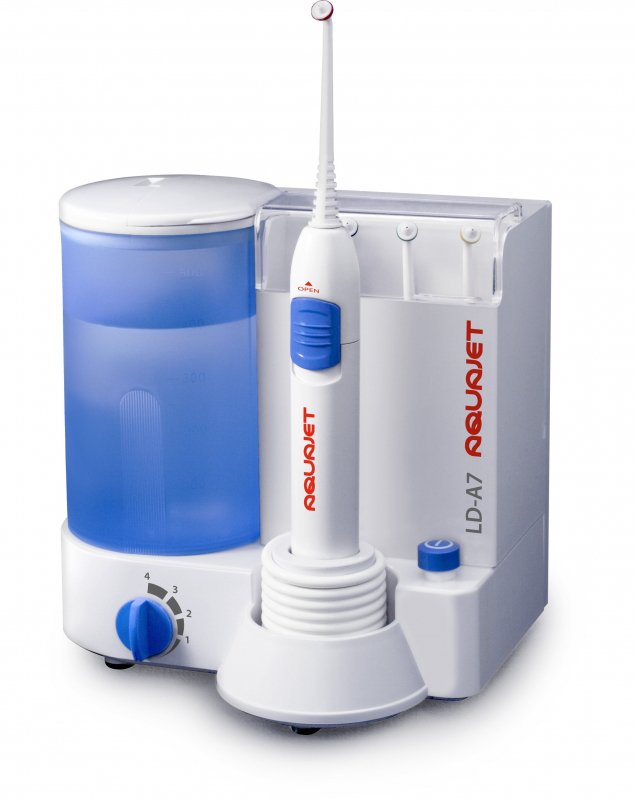
prom.ua
The answer to the question: “is it worth buying an irrigator if I have braces or other inserts” - definitely yes. The thing is that such artificial structures attract a bunch of bacteria and microbes. Yes, they fix their teeth, but they don't clean them. Therefore, the choice in favor of oral hygiene is obvious, as is the purchase of an irrigator for daily use.
Dental irrigator - what is it for a diabetic? It is strange to see “diabetes mellitus” in the list of diagnoses with which the hygienic agent for dental canals works. And really, why does a diabetic need an irrigator? Everything is simple.
With such a disease, there is a high chance of getting periodontitis. The circulatory system in the gums is disturbed, so it is very easy to get another “sore”. And regular massages with a pulsating effect help to improve blood flow and reduce the chance of being left without high-quality, and most importantly, natural teeth.
An irrigator is also worth buying for the treatment of certain diseases. Only instead of water, a special medical solution with a therapeutic effect is used. For example:
- furatsilin;
- rinse solutions;
- herbal tinctures;
- chlorhexine and others.
But it is worth remembering about the contraindications for this cleaning method. Why do you need an irrigator - ask your doctor. As a rule, 2 out of 3 people suffer from dental problems, so the answer is obvious even without a doctor.
Buy or not - you decide. Yes, and without the introduction of a daily habit - to use an irrigator together with a brush, nothing effective will definitely work.
Also, buying a device saves a lot on dental procedures that you won’t need at all. Remember: it is easier to prevent any sore than to deal with it long and tediously. Sometimes - even unsuccessfully.
Pros and cons of an irrigator
We got acquainted with how the irrigator works. Let's move on to what effect it has in practice.
Yes, you can’t get away from regular brushing your teeth with a brush. But it will not provide the purity that the irrigator offers. Both for hard-to-reach areas, and for crowns and braces.
The pulsating water jet destroys all the small particles that have accumulated over the years of regular brushing. An additional pleasant effect is gum massage. It prevents many diseases and improves the overall quality of the oral cavity. With all this, massage based on solutions has an additional healing effect.
In many devices, the jet pressure is adjustable. This is necessary for particularly sensitive teeth and delicate operation of the device.
Why do I need an irrigator - is there any harm to the user?
We found out what benefits the irrigator brings to the teeth and oral cavity, but can it be harmful?
Let's say right away - there are no direct contraindications for the use of the equipment. But for people with chronic dental diseases or those who have just undergone dental surgery, it is better to refrain from the irrigator until the moment of complete recovery. Ask your doctor when you can start brushing your teeth again.
Use the device only under the strict guidance of your dentist and following the instructions. Believe it or not, they write a lot of useful information there. Sometimes you can't even find that much on the Internet.
Important: with prolonged daily use (15 minutes or more), you can overdo it and cause discomfort in the gums and even bleeding. Therefore, an oral irrigator is a device for a competent and intelligent person who knows the measure and correctness of their procedures.
For standard cleaning, plain water from under the kettle is suitable - it is enough so that no bacteria enters from the water supply after the cleaning procedure with an irrigator.
How an oral irrigator works, depending on its type
Among the varieties of irrigators, it is worth highlighting: autonomous, portable and flow devices.
Stationary (autonomous) requires an outlet and only works from a 220 volt network. The second is battery powered. Ideal for travel - very small and compact.
The latter option is attached directly, through a water tap. The main disadvantage is the use of tap water, without any cleaner or solution. Here you can only hope for the purity of the water from the boiler or column.
To choose a good irrigator option, you should pay attention to:
- Jet pressure. The more, the better the result will be. The main thing is not to overdo it. For especially sensitive gums, a powerful option is not suitable. It is better if you take a cleaner with adjustable pressure and water flow rate.
- The presence of other additional settings. For example, the technology of pulsating massage.
- Possibility to add nozzles for dental implants and constructions. They come as a set, and you will have to buy in addition.
- Tank for ordinary water or medical solution. Small enough for one person without topping up the water. For a family, you can take a stationary version with a large tank.
- For a portable device, it is important to pay attention to the battery capacity.
We repeat: if the irrigator is bought for a large family, definitely take a stationary model. It has both a large tank and an abundance of cleaning nozzles. For travel or personal use, a battery-powered portable device is sufficient. Review point 5 to choose the right one.
Only for oral hygiene, a mono-jet model is used.
If you wear dental implants, braces and other inserts, it is useful to add a pair of orthodontic tips to the kit. Most often, you will have to buy extra. But it will definitely bring a better result than regular cleaning.
In chronic diseases of the teeth, it is often recommended to use an irrigator with microbubble technology.
